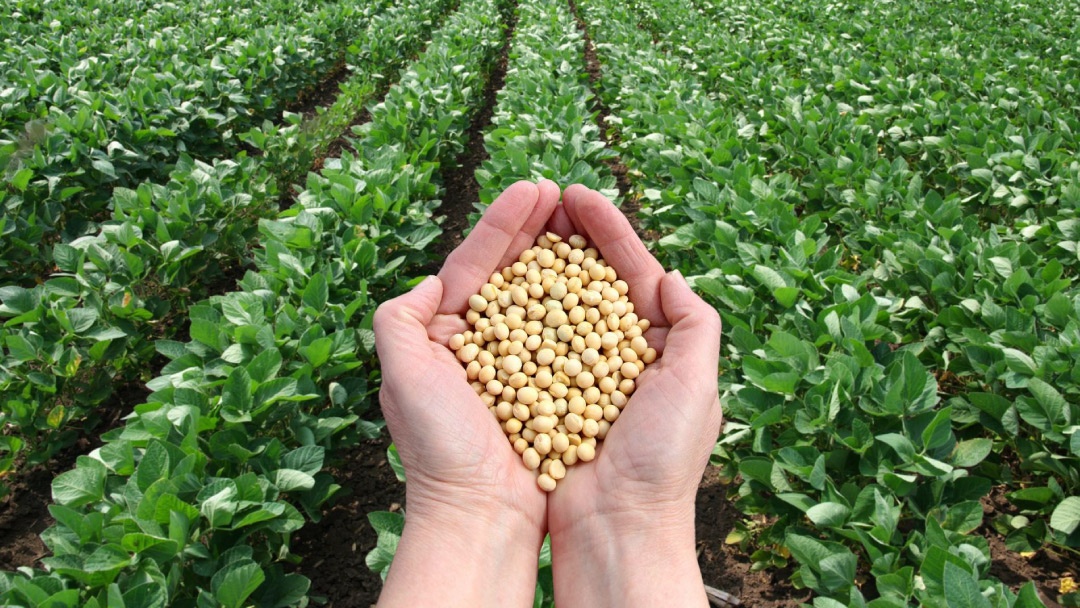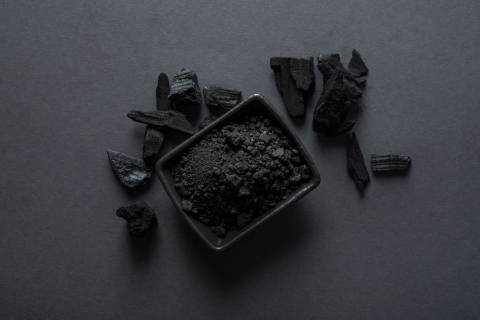
The European aquafeed industry may face higher costs and supply disruptions following a warning from the European Feed Manufacturers’ Federation (FEFAC) about the impact of the EU Deforestation Regulation (EUDR) on soy imports.
FEFAC cautioned that recent changes proposed by the European Commission to “simplify” the regulation have created legal uncertainty that is already freezing parts of the soy market. The federation said some suppliers have withdrawn offers for 2026 deliveries and are raising 2025 prices to reflect new compliance risks.
FEFAC President Pedro Cordero warned that “European compound feed manufacturers once again face a ‘frozen’ soy market”, adding that the situation could lead to supply chain disruptions and additional costs of up to €1.5 billion for the livestock sector.
Although the alert is directed at the wider feed industry, the implications for aquaculture are direct and significant. Aquafeed producers depend heavily on high-protein dehulled soybean meal (around 48% or higher protein) and soy protein concentrate (SPC) — specialised ingredients that rely on imports from Brazil and Argentina, regions subject to the EUDR’s deforestation-free requirements.
If exporters in these countries hesitate to sell due to compliance concerns, European processors could face raw material shortages and price spikes. Industry analysts estimate potential increases of €70–100 per tonne for soybean meal and €150–250 per tonne for SPC. Given that feed represents up to 70% of fish farming costs, these rises could quickly erode producer margins.
Marine and salmonid species such as seabass, seabream, trout, and salmon would be most affected, as their diets rely on SPC for digestibility and nutritional performance. Cheaper alternatives such as rapeseed or sunflower meal cannot fully replace soy because of lower protein content and digestibility constraints.
The EUDR also imposes new traceability and due diligence requirements, forcing aquafeed companies to prove that all soy used in their products is deforestation-free. This adds administrative and data-management costs, particularly for smaller feed mills.
Unless the EU provides clearer guidance or delays implementation, analysts expect continued volatility in soy prices into early 2026 — a development that could affect feed supply planning and profitability across the European aquaculture value chain.


